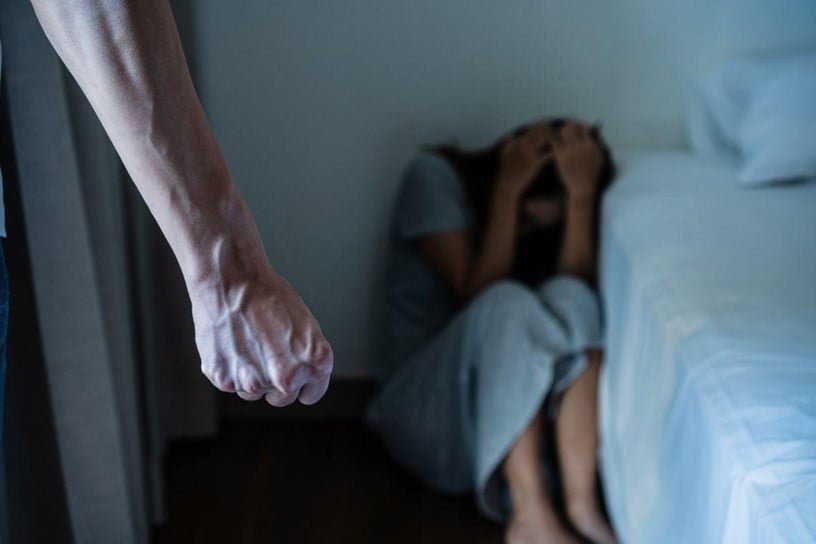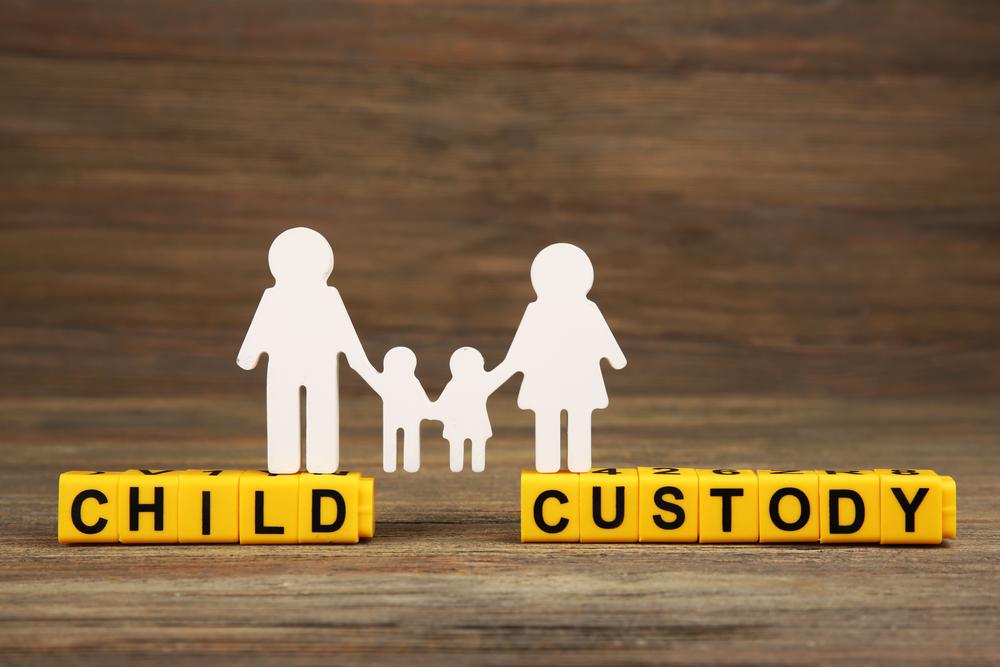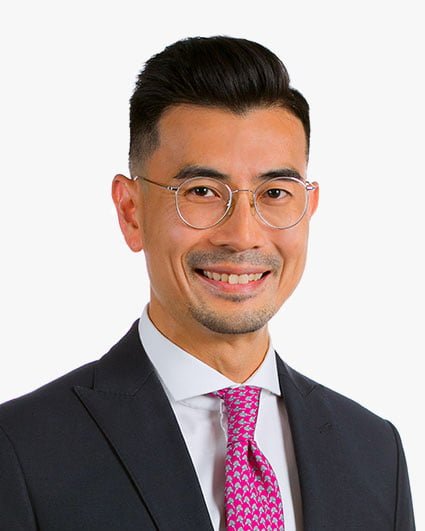In a 2021 Straits Times article, the Singapore Police Force revealed over 5,000 reports of family violence made in 2020. According to the Minister of State for Home Affairs, Muhammad Faishal Ibrahim, it is believed that seeking help can be difficult as “people have been shy to talk about it”. However, the damaging effects of family violence are life-long, and a personal protection order in Singapore can provide a form of relief as it helps protect you and your loved ones from danger.
In Singapore, a Personal Protection Order (PPO) is a court order that stops family violence against an individual.
As outlined in Section 64 of the Women’s Charter 1961, family violence is defined as:
(a) wilfully or knowingly placing, or attempting to place, a family member in fear of hurt;
(b) causing hurt to a family member by such act which is known or ought to have been known would result in hurt;
(c) wrongfully confining or restraining a family member against their will;
(d) causing continual harassment with intent to cause or knowing that it is likely to cause anguish to a family member or any imminent danger,
Yet, one might still have some misconceptions when applying for a Personal Protection Order. Contact us today for a free consultation.
A Personal Protection Order is not just limited to violent spouses, but any family member displaying violent behaviour
Domestic violence between spouses is usually the type of family violence highlighted on the news as it is still a misunderstood concept to the general public. The truth is that signs of domestic violence do not necessarily apply only to spouses, and can also apply to any family member that the court acknowledges. According to the Ministry of Social and Family Development, common forms of family violence include child abuse, spousal abuse, elder abuse, vulnerable adult abuse and dating abuse.
Going back to the Women’s Charter 1961, under Section 64, a “family member” could be:
- a spouse or former spouse
- a child of the person, including an adopted child and a stepchild
- a father or mother of the person
- a father-in-law or mother-in-law of the person
- a brother or sister of the person
- any other relative of the person or an incapacitated person who in the opinion of the court should, in the circumstances, in either case, be regarded as a member of the family of the person
- An “Incapacitated Person” is a person who is wholly or partially incapacitated or infirm because of physical or mental disability, ill health, or old age.
For example, if the offender of family violence is your father-in-law, you are allowed to file a PPO against them for yourself or on behalf of any child below 21 years old. According to Singapore Courts, the only people whom the PPO does not affect are partners you are not married to yet, former parents-in-law and any relative or person the court may not regard as your family member.
When applying for a Personal Protection Order, you may meet a Court Family Specialist before you attend any court session
Suppose you are applying for a protection order in-person or online. In that case, it’s essential to prepare yourself to have a heart-to-heart talk as it is common for a social worker or a Court Family Specialist (CFS) to meet up with you before any court proceedings. With their help, you can better assess the nature of your situation.
These meetings are private one-to-one talks, where the CFS will try to learn your reasons for making a protection order and clarify any doubts or concerns you may have while applying. A support person, such as a close trusted family member, maybe present during these talks as it may be difficult to share some details openly.
The CFS or social worker may take several actions depending on what is discussed. Firstly, they are obligated to inform the relevant authorities and agencies if the CFS or social worker believes that you or your family are at immediate risk of danger. However, if there is no immediate danger involved, they will make the appropriate referrals to support agencies. Your application for a PPO will then be made known to the offender, in which both parties will have to attend a court mention subsequently.
The process for a Personal Protection Order can be straightforward if both parties consent to it
Many people fear the legal battle of divorce due to its ugly and drawn-out process of mud-slinging. Naturally, it is easy to associate a negative image with other court affairs concerning marital relationships. This may prevent many people from pursuing a Personal Protection Order.
This is not the case as, at a court mention, the court officer will go through the contents of the PPO application with both parties present and ask for further clarification if unclear. This may include the reason for application, the details or relationship of other family members involved and any supplemental material provided during the application, such as a police report or medical report.
After reading the contents and discerning the situation, they will seek consent from both parties to approve the protection order. From here, three outcomes are possible without escalating it to a nasty dispute.
- Suppose the offender admits fully or partially to the alleged violent behaviour and consents to the application. In that case, the PPO can easily be granted to the victim, and the offender will have to act according to the terms agreed upon the order.
- Alternatively, the applicant may decide not to pursue the protection order any further and can withdraw their case at the court’s mention. Once the court is informed of such a decision and granted permission to withdraw, the case can be closed.
- If the offender does not consent to the protection order application, then the two parties may be referred to a Court Family Specialist (CFS) that will provide counselling. This is conducted to verify if a resolution is possible. Sometimes, these sessions may include the children’s attendance to gather the complete picture.
- If it’s just the parties involved, the discussion can be held for 90 minutes or longer, but if children or more family members are involved, it may take up to half a day to complete the discussion and reach a mutual agreement. However, if the CFS believes that there is no sign of resolution, it is still possible to raise this case to a court hearing with a judge later.
A Counselling Order is usually issued concurrently with a Personal Protection Order
When a PPO is issued after a court mention, the court also provides a Counselling Order (CGO) where both parties must attend counselling sessions. These sessions are conducted by a family support agency assigned by the Ministry of Social and Family Development. The agent will reach out to both parties, and any arrangements can be made through them.
After 6-9 months since the CGO is made, the court will review the progress of the counselling sessions. Depending on the progress made by both parties, the court may either choose to discharge both parties or encourage them to continue attending future sessions.
It should be noted that if a party fails to attend their counselling sessions once a CGO is made, it is considered a breach of order and contempt of court.
A Personal Protection Order can stop the danger of family violence, but it can’t halt unreasonable abusive misconduct
Suppose you fear that safety at home is at risk or a protection order may not be enough to safeguard you or your loved one from harm. In that case, you may consider applying for a supplemental Domestic Exclusion Order (DEO) while applying for a PPO. A DEO will exclude or restrict the offender’s access to the victim’s home and will be issued with the PPO if you are granted one. This additional order should be enough to assure your safety in most cases.
Yet, it should be known that a PPO and DEO can still be violated if the offender continues to be violent or has displayed any abusive misconduct. This can be seen as a breach of a court order, and upon arrest, the offender’s actions can be punished in the form of a penalty fine up to $2,000, an imprisonment term up to 6 months or even both. Subsequent offences are then punished by a penalty fine up to $5,000, an imprisonment term up to 12 months or both.
Breach of a protection order can be overwhelming if repeatedly disobeyed over time. For spouses in this situation, they might even come to the natural conclusion of a divorce. Before making any judgments, it is advised to be aware and understand the legal grounds for the Divorce process through a Divorce Lawyer in Singapore, as it is an irreversible process and even more permanent than a Personal Protection Order in Singapore.
If you are still facing difficulties despite having a Protection Order, please feel free to seek help from support agencies such as AWARE or Family Service Centre (FSC). Alternatively, you may consult us for free legal advice and legal help if you feel that you are not satisfied with the protection order or if you are considering pursuing one.
FREQUENTLY ASKED QUESTIONS ABOUT
PERSONAL PROTECTION ORDERS IN SINGAPORE
Who Can I File A Personal Protection Order Against?
According to the Women’s Charter 1961, under Section 64, you can file a Personal Protection Order in Singapore against a family member. This could be:
- a spouse or former spouse
- a child of the person, including an adopted child and a stepchild
- a father or mother of the person
- a father-in-law or mother-in-law of the person
- a brother or sister of the person
- any other relative of the person or an incapacitated person who in the opinion of the court should, in the circumstances, in either case, be regarded as a member of the family of the person
What Happens After I Apply For A Personal Protection Order?
If you are applying for a protection order in-person or online, it’s essential to prepare yourself to have a heart-to-heart talk as it is common for a social worker or a Court Family Specialist (CFS) to meet up with you before any court proceedings. Depending on what is discussed, the CFS or social worker may take several actions. Your application of a PPO will then be made known to the offender, in which both parties will have to attend a court mention subsequently.
What Happens After I'm Granted A Personal Protection Order In Singapore?
When a PPO is issued after a court mention, the court also provides a Counselling Order (CGO) where both parties must attend counselling sessions. These sessions are conducted by a family support agency assigned by the Ministry of Social and Family Development.
What Happens If My Personal Protection Order Is Violated?
This can be seen as a criminal offence and breach of a court order, and upon arrest, the offender’s actions can be punished in the form of a penalty fine up to $2,000, an imprisonment term up to 6 months or even both. Subsequent offences are then punished by a penalty fine up to $5,000, an imprisonment term up to 12 months or both.










